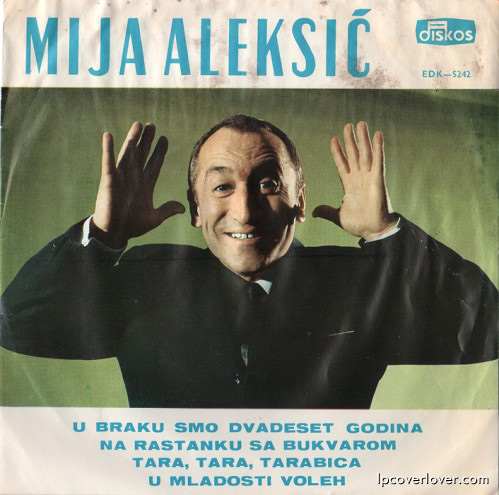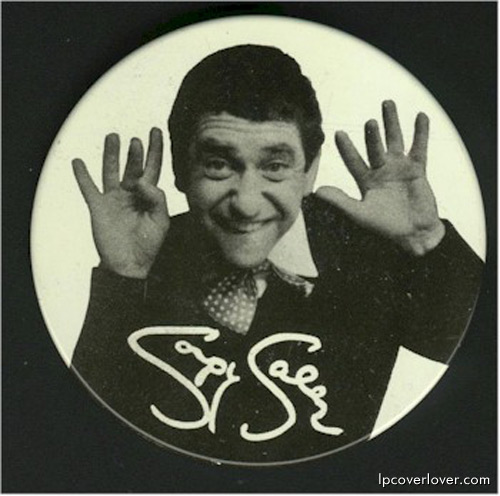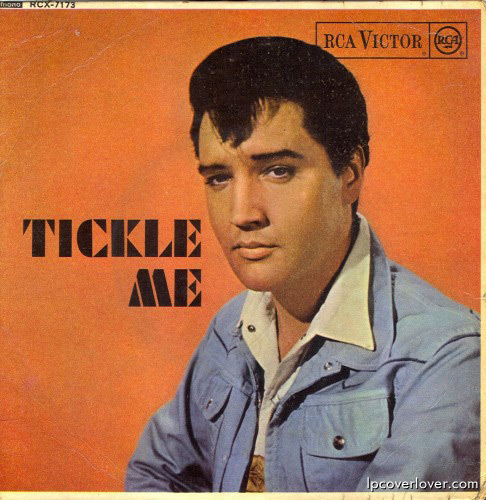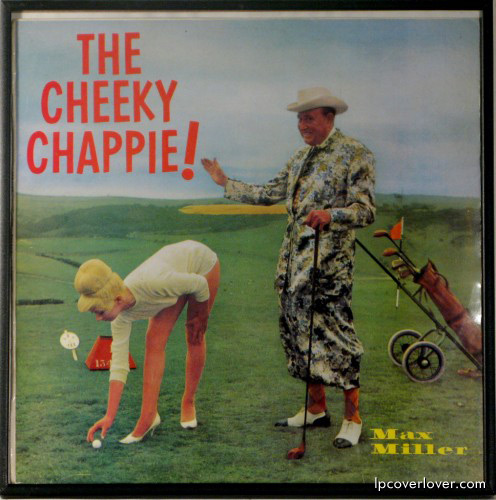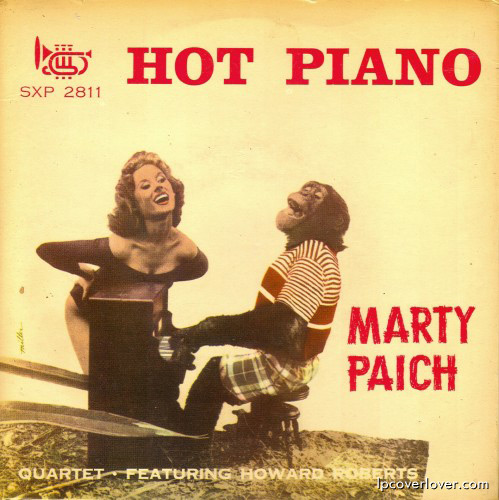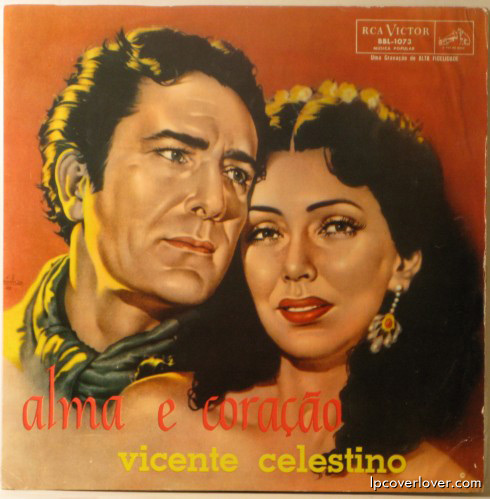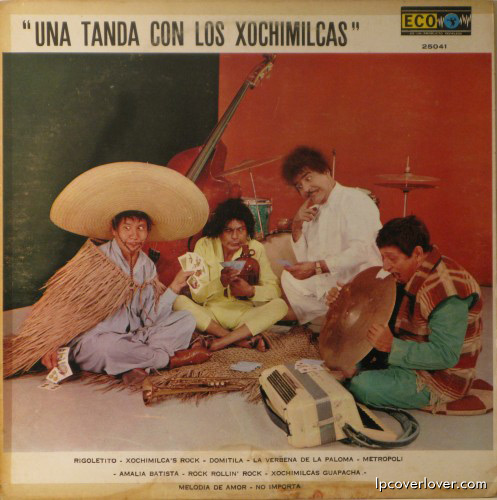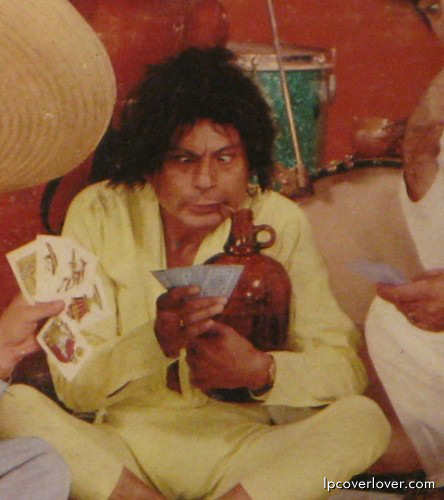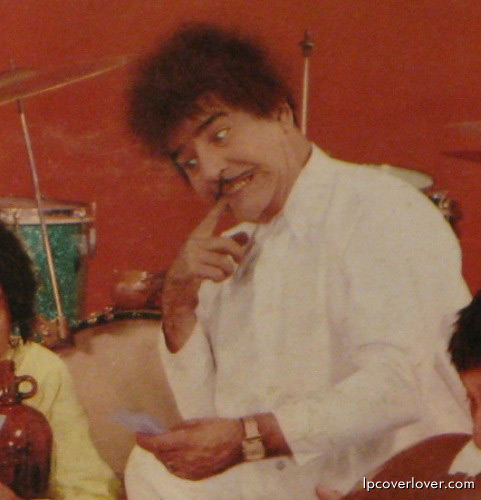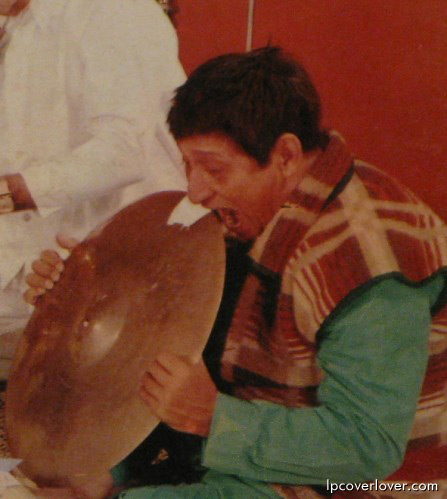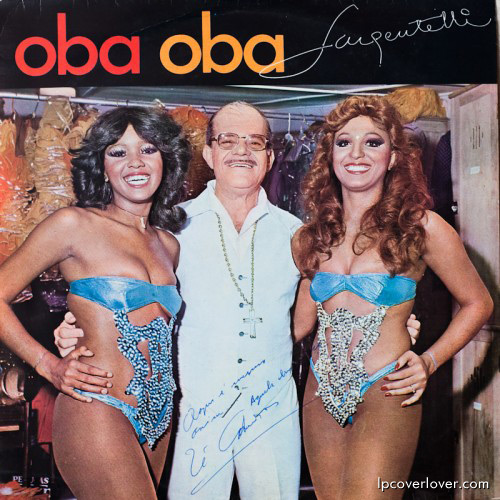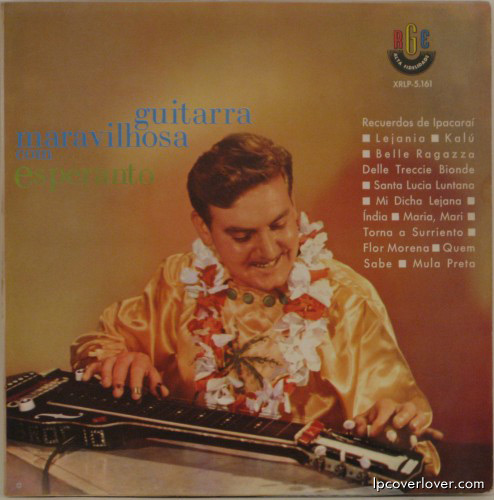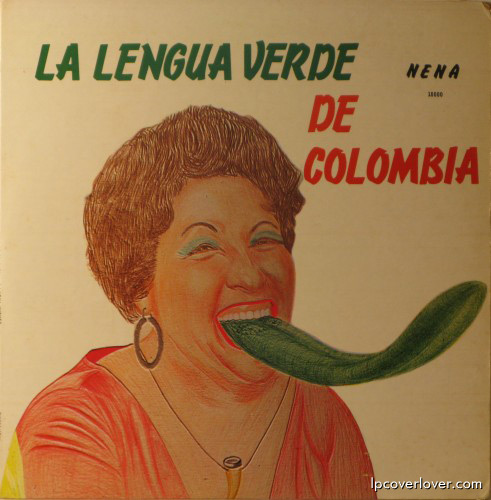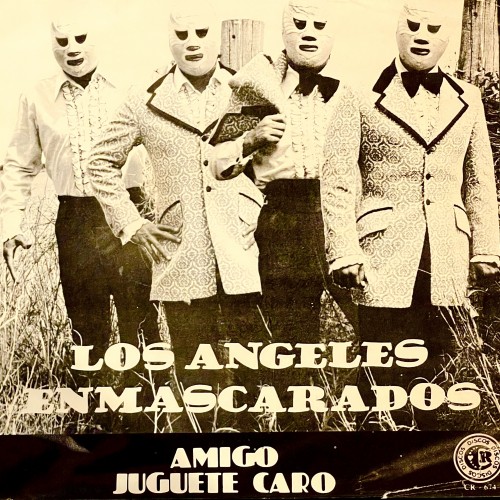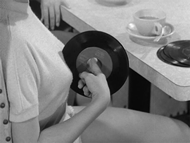Alma e Coracao
Vicente Celestino “Alma e Coracao” RCA Victor (1960) Born in Rio de Janeiro, he started out singing for neighbors and friends. Enrico Caruso was a big idol of his. At age 20, Celestino debuted at the Teatro São José, soloing on the waltz “Flor do Mal” (S.Coelho/D.Correia), a big hit. That recording, from 1916, was his first to sell thousands of copies, a phenomenon, at the time. Vicente sang the operetta “Juriti”, written by Chiquinha Gonzaga, and in 1920 he lined-up his own operetta company. But he did not abandon the carnival music, which granted him hits like “Urubu Subiu”. Celestino was one of the first Brazilian artists to use the electric recording system. He released hits like “Santa” (Freire Junior) and “Noite Cheia de Estrelas” (Ãndio). In the 1930s, he started writing music. The song that would make him known for generations to come was “O Ébrio”, turned into a motion picture and box-office hit by director and Celestino’s wife, Gilda de Abreu in 1946. The songs “Ouvindo-te”, “Coração Materno”, “Patativa” and “Porta Aberta” were also written by him. Having always performed in Brazil, he was an idol of different generations. During the tropicalist wave, Caetano Veloso “Coração Materno”. The singer died in 1968, just before a ceremony where the Tropicalists were going to do him homage, in São Paulo.


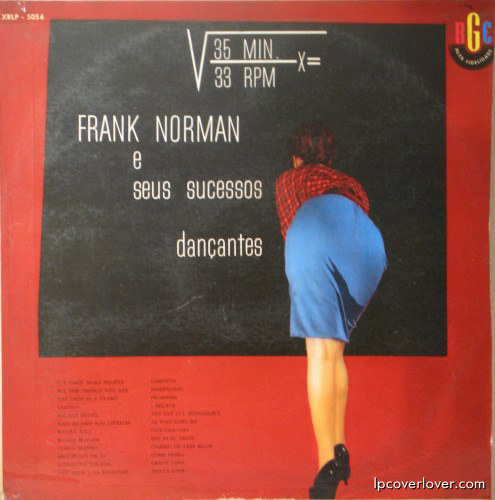

 (58 votes, average: 4.09 out of 5)
(58 votes, average: 4.09 out of 5)